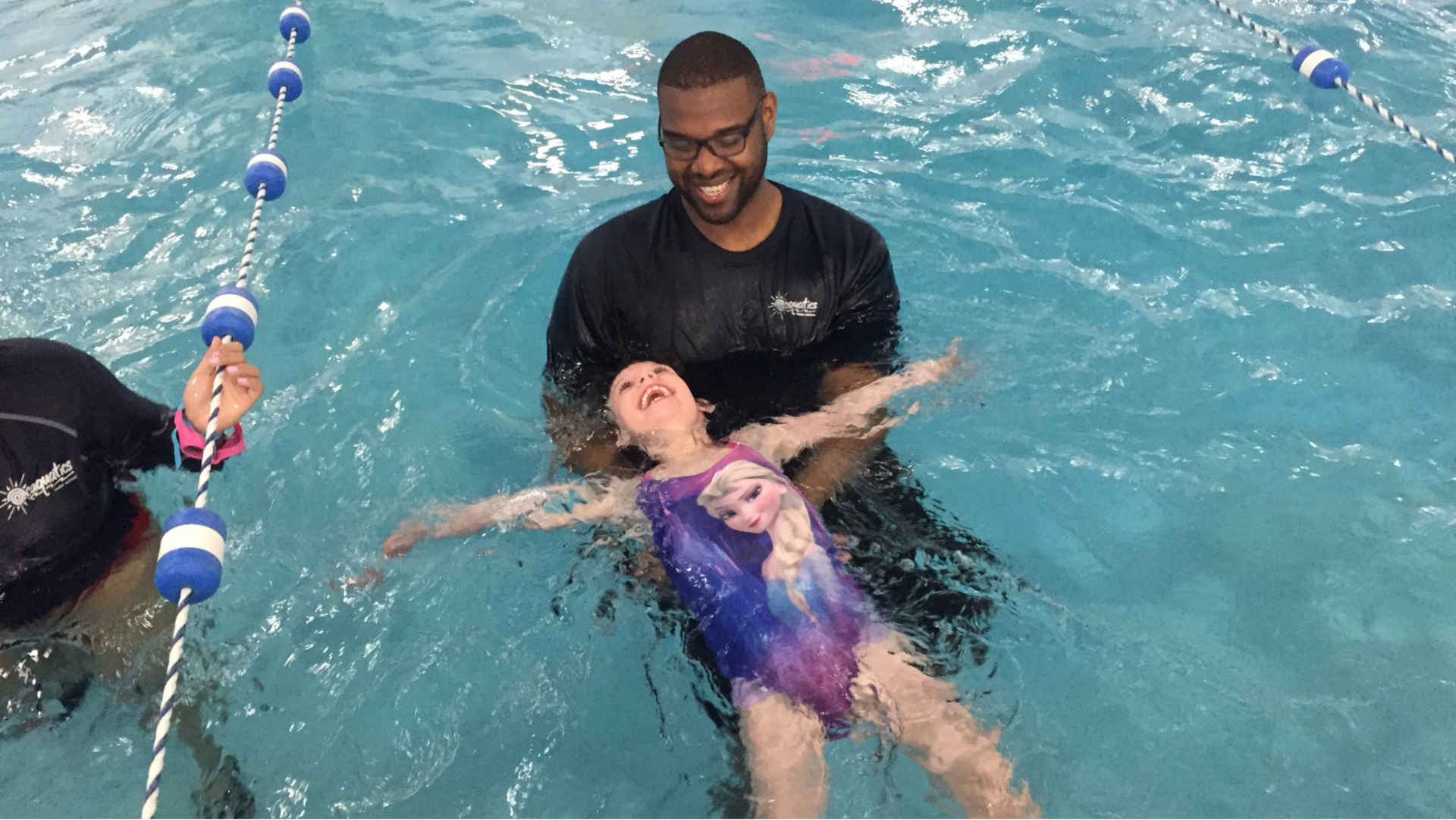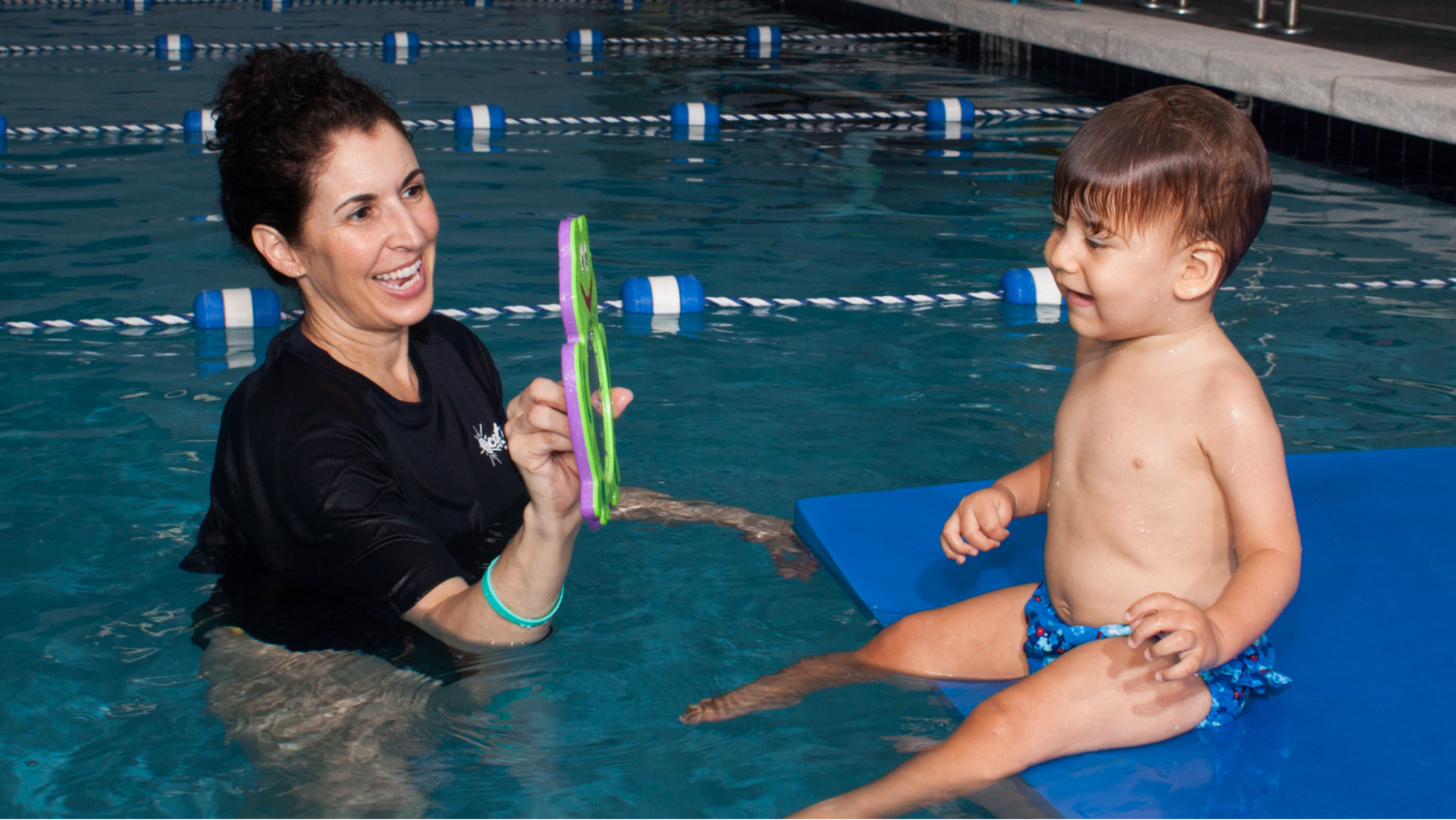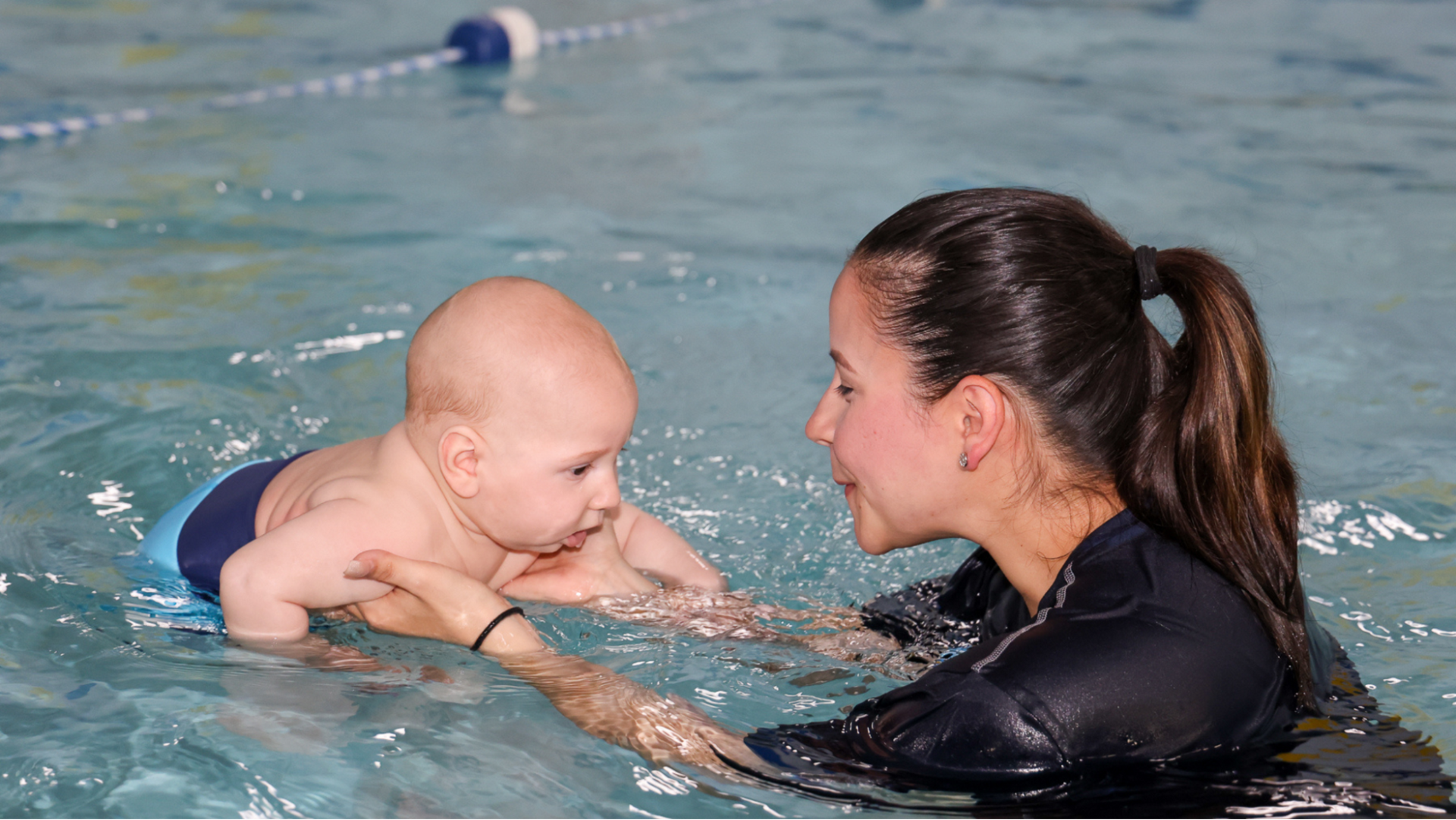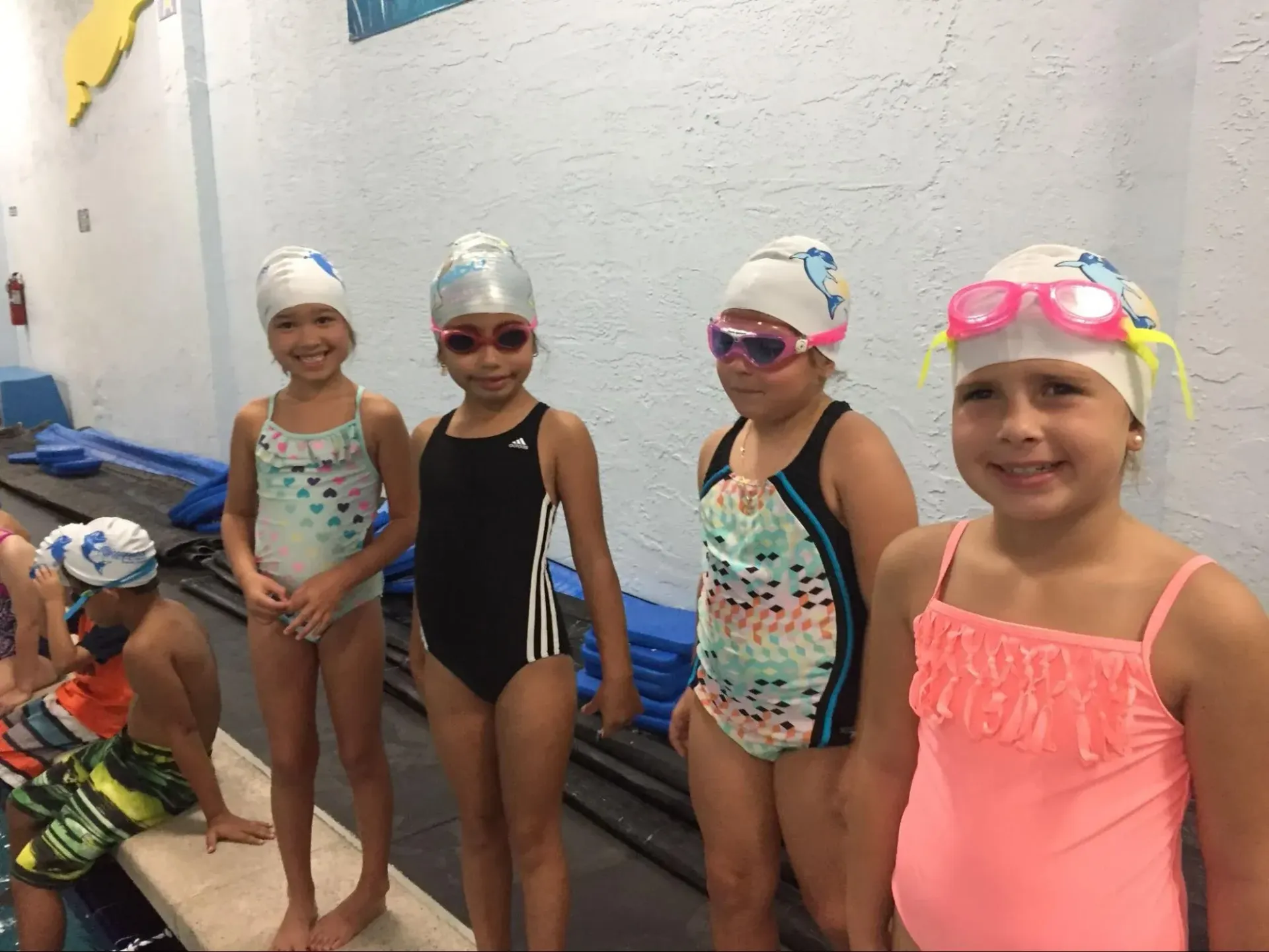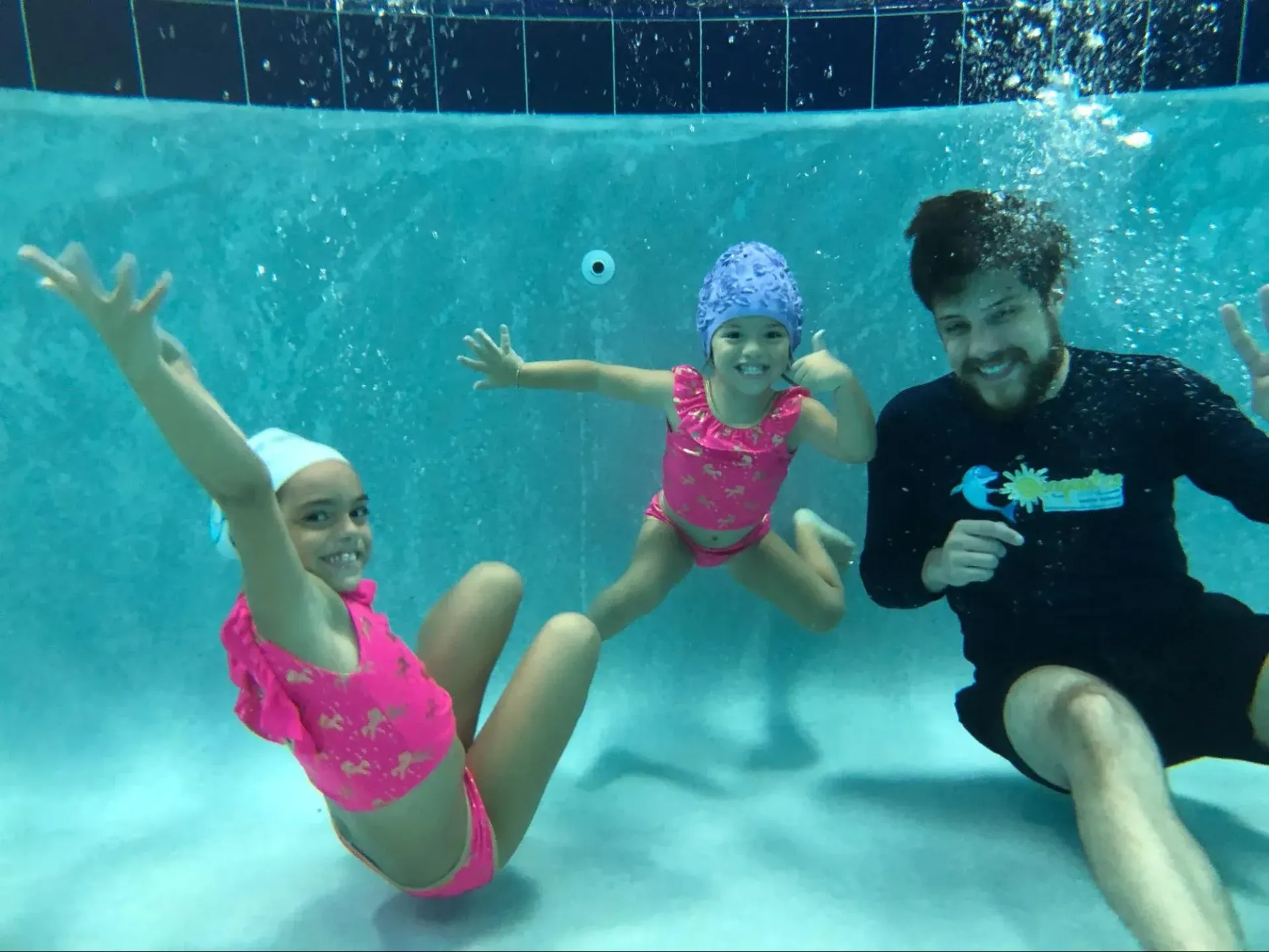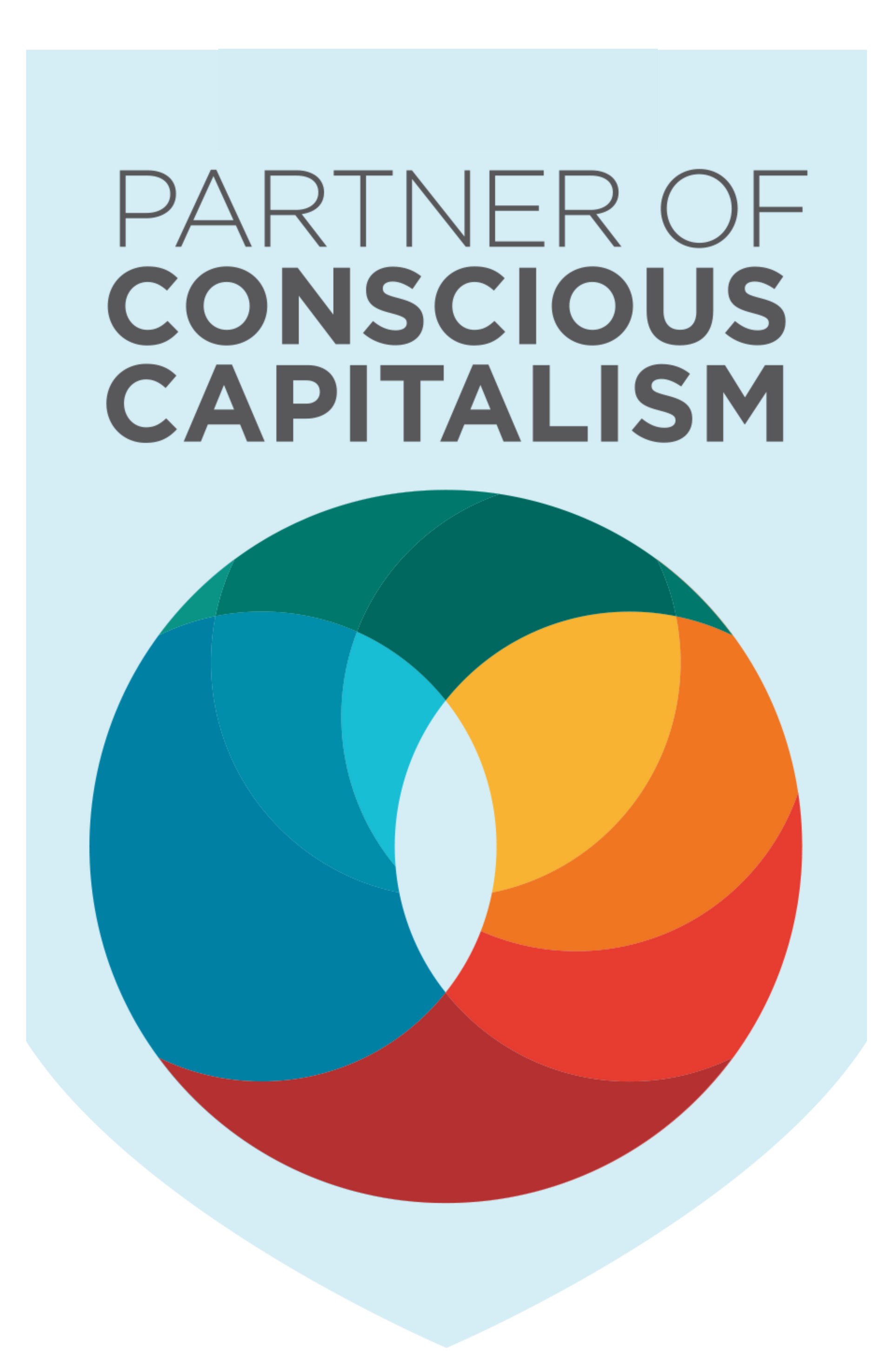10 Benefits of Swimming for Children: How Swim Lessons Boost Early Brain Development
Have you ever watched a toddler's face light up the first time they kick through the water? There's more happening beneath that splash than you might think. If you're a parent in South Florida wondering whether swim lessons are worth the investment, you're probably weighing safety concerns, costs, and your packed schedule. But here's something that might surprise you: swimming isn't just about keeping your child safe around water. It's one of the most powerful activities for developing your child's brain during those critical early years.
Many parents don't realize that the pool is actually a classroom for cognitive development. While you're focused on water safety (which is absolutely important in a place like Miami where we're surrounded by pools and beaches), your child's brain is forming thousands of new neural connections with every lesson. In this post, you'll discover ten specific ways swimming accelerates brain development in children, from building better focus to strengthening memory. By the end, you'll understand why getting your little one in the water early could give them advantages that extend far beyond the pool.
Why Swimming Is a Superpower for Your Child's Brain
Swimming engages nearly every part of a child's body and mind at once. Unlike activities that focus on just one skill, swimming requires bilateral coordination, which means using both sides of the body together. When your three-year-old paddles across the pool, both brain hemispheres fire up to coordinate those arm and leg movements. This cross-body movement creates neural pathways that scientists have linked to improved reading skills and spatial awareness.
The water itself provides constant sensory feedback. Your child feels the temperature, pressure, and resistance with every movement. Their brain processes visual information as they see the pool bottom, tactile sensations as water touches their skin, and auditory input from splashes and instructor voices. This multi-sensory environment lights up different brain regions simultaneously, strengthening connections between them. Think of it as a full-brain workout disguised as playtime.
The Top 10 Cognitive Benefits of Swimming for Children
When you enroll your child in swim lessons, you're investing in far more than water safety. Each splash, kick, and stroke contributes to brain development in ways that will benefit your child for years to come. Here are the ten most significant cognitive benefits swimming provides:
- Enhanced memory and learning capacity
- Improved focus and concentration
- Better motor skills development
- Accelerated problem-solving abilities
- Boosted spatial awareness
- Strengthened neural connections through sensory development
- Improved emotional regulation
- Enhanced social skills and communication
- Greater self-confidence and independence
- Long-term academic advantages
Let's dive deeper into how each of these benefits shapes your child's developing brain.
How Swimming Strengthens Memory, Focus, and Problem-Solving
Swimming is more than just a great physical workout; it has a powerful impact on cognitive abilities such as memory, focus, and problem-solving. Through its unique combination of physical exertion, coordination, and mental engagement, swimming helps sharpen the mind and enhances critical thinking skills.
Enhanced Memory and Learning Capacity
When children practice swimming sequences (kick, pull, breathe, repeat), they're training their procedural memory. Studies on early childhood learning show that physical activities requiring pattern recognition significantly improve a child's ability to remember academic information later. Each time your child masters a new stroke or skill progression, they're literally building memory muscles in their brain.
Improved Focus and Concentration
Swimming lessons require sustained attention. Your child needs to listen to instructions, watch demonstrations, and maintain awareness of their body position in the water. For toddlers with short attention spans, the engaging nature of water activities naturally extends their focus time. Parents often notice this benefit carrying over to other areas. Kids who swim regularly tend to concentrate better during homework time.
Accelerated Problem-Solving Abilities
Water presents constant little challenges that kids learn to solve. How do I stay afloat? Which way should I kick to move forward? How can I reach that toy? Each swim lesson becomes a series of small experiments where children test solutions and adjust their approach. This trial-and-error process in a safe environment builds critical thinking skills they'll use throughout life.
Physical Skills That Shape Mental Growth
Swimming plays a pivotal role in fostering mental growth by developing motor skills, enhancing spatial awareness, and stimulating the senses. As children engage in water activities, they strengthen coordination, boost brain function, and lay the foundation for future cognitive skills like problem-solving and math.
Better Motor Skills Development in Children
The resistance of water provides unique feedback for developing fine and gross motor skills. Every kick strengthens leg muscles while teaching precision. Reaching and pulling through water builds arm coordination. For babies and toddlers hitting those crucial child development milestones, swimming accelerates both bilateral coordination and balance. Your one-year-old learning to splash is developing the same motor planning skills they'll use for writing and playing sports years later.
Boosted Spatial Awareness
Swimming requires understanding where your body is in three-dimensional space. Unlike walking on solid ground, water allows movement in all directions. Children develop stronger spatial reasoning as they learn to navigate depth, distance, and direction in the pool. Research on infant brain growth shows that activities that develop spatial skills in early childhood correlate with better math abilities in school.
Strengthened Neural Connections Through Sensory Development
The sensory-rich environment of swimming creates an explosion of neural activity. Cold water hitting warm skin, the feeling of buoyancy, the sound of splashing: each sensation fires neurons and strengthens pathways in your child's developing brain. This connection between swimming and sensory development is compelling for babies, whose brains are creating millions of synapses every second during the first years of life.
Emotional, Social, and Academic Brain Benefits
Swimming provides far-reaching emotional, social, and academic benefits that extend beyond the pool. Through mastering physical skills and engaging in group lessons, children develop emotional resilience, strengthen social bonds, and build confidence. These are foundations that contribute to greater academic success and overall well-being.
Improved Emotional Regulation
Learning to swim involves managing fear, frustration, and excitement. When your child overcomes their initial hesitation about putting their face in the water, they're building emotional resilience. The rhythmic nature of swimming (breathe in, breathe out, kick, pull) naturally calms the nervous system. Many parents notice their children sleep better on swim lesson days because of the combination of physical exertion and practice in emotional regulation.
Enhanced Social Skills and Communication
Group swim lessons provide a unique social laboratory. Kids learn to take turns, follow instructions in a group setting, and encourage classmates. At Ocaquatics, we've watched shy toddlers blossom into confident communicators through our structured classes. The shared experience of learning something challenging together builds bonds between children that translate to better peer relationships outside the pool.
Greater Self-Confidence and Independence
There's something powerful about a child realizing they can propel themselves through water. Each skill mastered (whether it's floating independently or swimming across the pool) builds self-efficacy. This confidence spills into other areas of development. Children who swim often show more willingness to try new things and persist through challenges because they've experienced the satisfaction of mastering a difficult skill.
Long-Term Academic Advantages
All these benefits compound into measurable academic gains. Studies tracking children who participate in early swim programs show advantages in language development, mathematics, and overall academic achievement. The bilateral movements, breath control, and cognitive engagement required in swimming create a foundation that supports learning across all subjects. You're not just teaching your child to swim. You're giving them tools for success in the classroom.
Water Safety and Brain Benefits Work Together
Here's the beautiful thing: you don't have to choose between water safety and brain development. They're inseparable. When your child learns survival skills like floating and reaching for the wall, they're simultaneously building the neural pathways we've discussed. Every water safety skill practiced is also a cognitive exercise.
In South Florida, where backyard pools are common and beach trips are weekend staples, swim lessons aren't optional. They're essential. But knowing that those same lessons are turbocharging your child's brain development? That makes starting early even more valuable. The benefits of swimming for toddlers are most pronounced when lessons begin before age four, during the period of maximum brain plasticity.
Frequently Asked Questions
What are the cognitive benefits of swimming for kids?
Swimming offers numerous cognitive benefits, including enhanced memory and learning capacity, improved focus and concentration, better problem-solving skills, and increased spatial awareness. The bilateral coordination required in swimming strengthens connections between both brain hemispheres, which supports reading skills and academic performance. The multi-sensory environment of water also creates rich neural activity that accelerates brain development, particularly during the critical early childhood years.
At what age should I start swim lessons for brain development benefits?
You can begin infant water-familiarization and formal swim lessons as early as 6 months old, once your baby can hold their head up independently. While many children continue formal instruction through ages 1–2 and beyond, starting early during this period of rapid brain development can enhance both comfort in the water and cognitive benefits. The earlier you start during this period of rapid brain development, the more pronounced the cognitive benefits.
How often should my child swim to see developmental benefits?
Consistency matters more than intensity. Two to three swim sessions per week provide optimal developmental benefits without overwhelming young children. Regular exposure helps reinforce neural pathways and motor skill development better than occasional intensive practice.
Are private lessons or group classes better for cognitive development?
Both offer unique benefits. Private lessons provide focused skill development, while group classes add the social-emotional learning component. Many families find that combining both creates the ideal developmental environment, especially as children get older. At Ocaquatics, we’re proud to offer both private and group options to support each child’s needs.
Can swimming help children with developmental delays?
Yes, swimming therapy is often recommended for children with various developmental challenges. The low-impact, sensory-rich environment can be particularly beneficial for children with sensory processing issues, motor planning difficulties, or attention challenges. Always consult with your pediatrician and choose instructors experienced with special needs.
Starting Your Child's Swimming Journey
If you're wondering when to begin, research on baby swimming and brain function suggests that infant classes (starting around six months after they can hold their head up independently) provide significant developmental advantages. Early brain stimulation through water activities during this critical window can influence your child's cognitive trajectory for years to come.
At Ocaquatics, with five locations across Florida, including areas convenient to Miami, Coral Gables, and Kendall, we've designed our programs around these developmental principles. Our instructors understand that they're teaching more than swimming. They're facilitating brain development during your child's most formative years.
Ready to give your child these cognitive advantages while teaching them essential water safety skills? Contact us today at Ocaquatics to learn about our age-appropriate swim programs designed to support both safety and development. Let's help your child's brain (and confidence) grow stronger with every splash.





